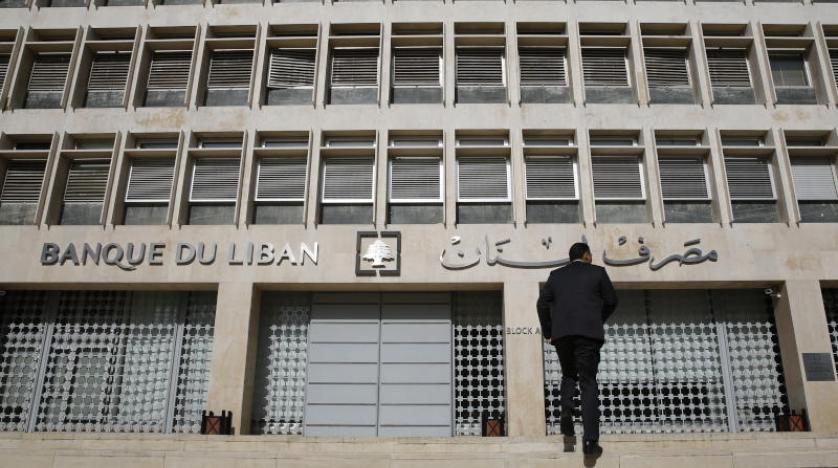Enemies of Lebanon (01 of 03): The Monetary System
أعداء لبنان (01من03): النظام النقدي
Elie Aoun/November 30/2019
The Lebanese government does not own the Lebanese Pound (or Lira). If it owned the currency, it would not borrow it and pay interest on it.
One main reason why the monetary system is an enemy because the Lebanese government abandoned its exclusive privilege to issue money and vested that privilege in the Bank of Lebanon (Decree 13513, Article 47).
In other words, the government gave the Bank the right to issue money, loan that money back to the government, and then charge it interest – at a time when the government could have issued its own money without paying any interest.
The “Bank of Lebanon” was created pursuant to Lebanese Law Decree 13513 of August 1, 1963 (Code of Money and Credit).
The Decree was signed by President Fouad Chehab and Prime Minister Rachid Karameh (who was also acting as a Finance Minister).
The Lebanese Parliament did not vote on or approve the creation of the Bank.
Not only does the Bank charge interest on the Bank’s loans to the State, the Bank does not pay interest to the State on the State’s deposits in the Bank (Article 86).
Not only has the government abandoned to the Bank its exclusive authority to print money, the government has also exempted the Bank from all taxes, imposts and rates whatsoever, already enforced or likely to be enforced for the benefit of the State, municipal corporations or other organizations (Article 118).
WHO OWNS THE LEBANESE CURRENCY?
The name “Republic of Lebanon” is not printed on any of the Lebanese currency notes. What is printed is the name “Banque du Liban” (Bank of Lebanon). Some may ask, is not the Bank owned by the Lebanese government? The answer is no.
Firstly, Decree 13513 does not say that the Bank is a branch of the Lebanese government. Instead, the Decree’s Article 13 states that the Bank is a juridical person of public law (a legal entity similar to a corporation) vested with financial autonomy.
Secondly, the Decree is written in a manner that reflects a relationship between two independent entities (rather than the Bank being a branch of the government).
For example, Article 74 requires of the government to provide a protection (military guard) for the Bank’s establishment free of charge. No such language would have been used in the Decree if the Bank is a branch of the government.
Thirdly, Article 113 dictates how net profits are shared between the Bank and the government – such as 50/50 basis on certain occasions and even 80/20 (80% to the Treasury; 20% to the Bank) under some other conditions. It is doubtful that this profit-sharing formula has been properly implemented. If the Bank is a part of the government, all the net profits would have been the government’s share, not divided with the Bank.
The questions are: If the Bank is a legal entity, who owns that entity?
In what manner has its profits been used or distributed since 1963 until now? Would the government revoke Article 47 and restore its exclusive privilege to issue money without paying interest for it?
Why opening a new bank requires applying for registration with the Central Bank (Article 135) and not with the Ministry of Finance?
Apparently, no politician would have the courage to discuss these issues.





















